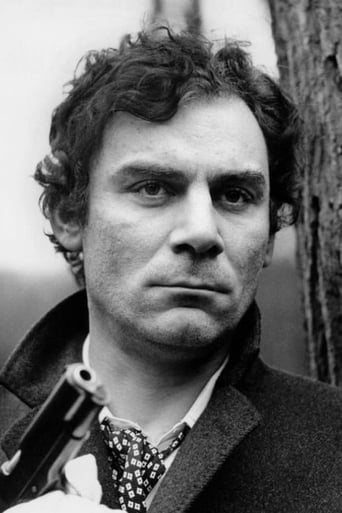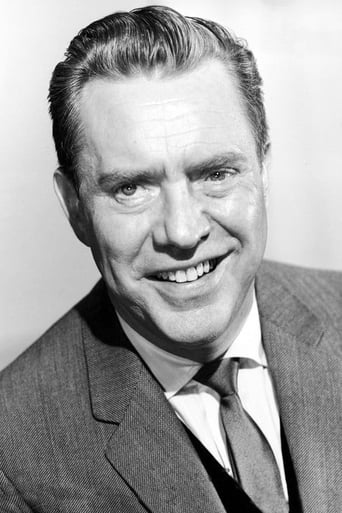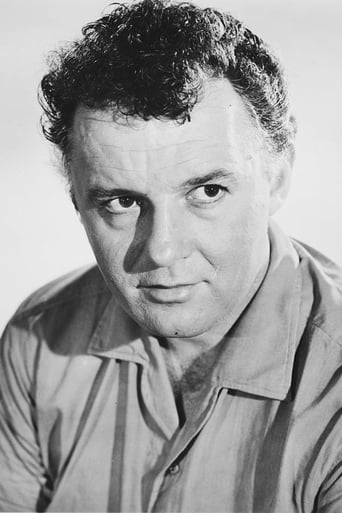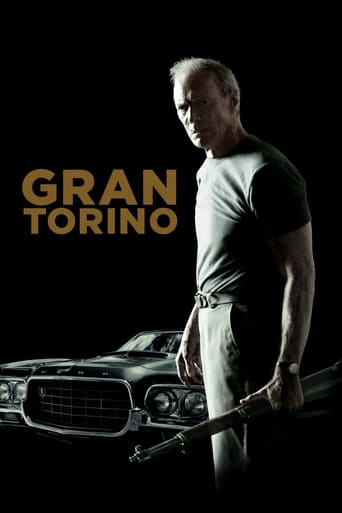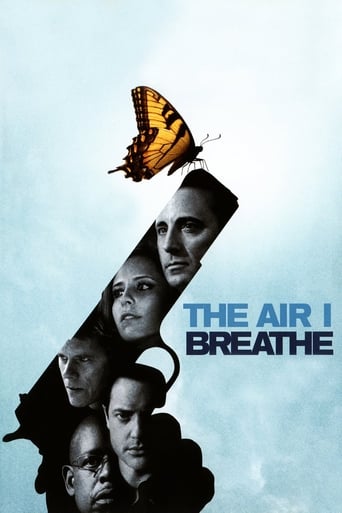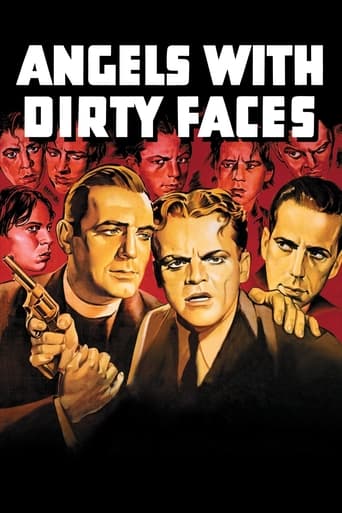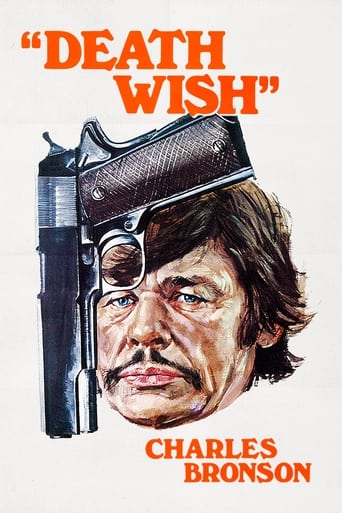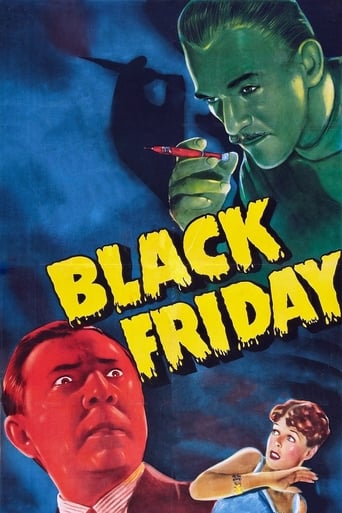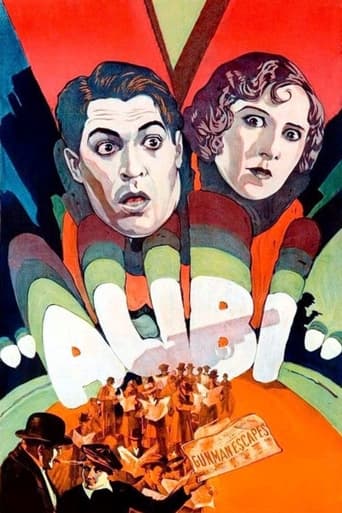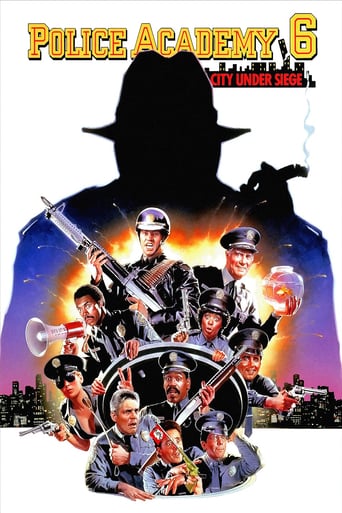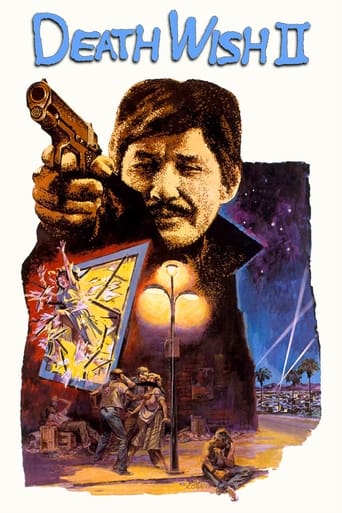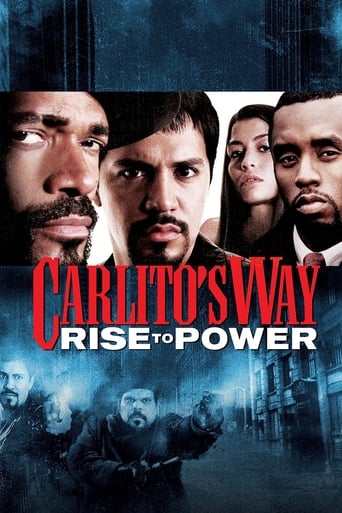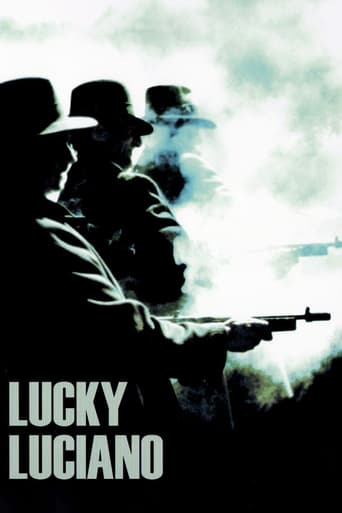
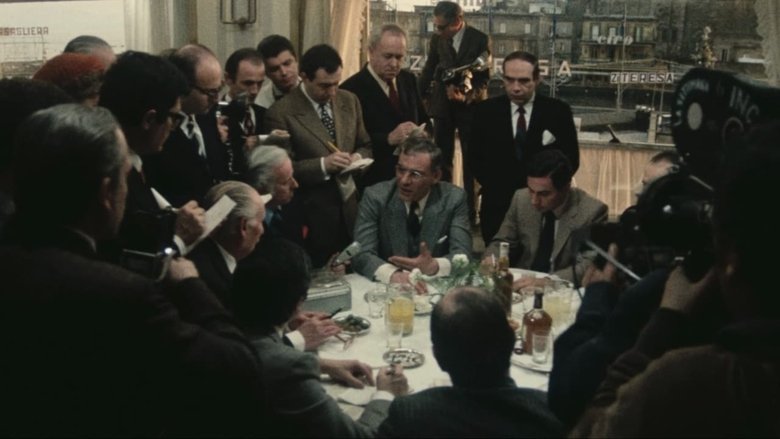
Lucky Luciano (1974)
Lucky Luciano is one of the bosses of the Mafia. He orders the slaughter of 40 other responsibles, therefore becoming the only boss. But a few years later he is put into jail. In 1946, he got a pardon and is sent back to Sicilia. There, he begins becoming one of the chief of the Mafia. The US Army seems to refrain from interfering.
Watch Trailer
Cast


Similar titles
Reviews
This is the real story behind Lucky Luciano , born Salvatore Lucania November 24, 1897 – January 26, 1962, the high priest of crime , the detailed account the world's most powerful mobster who built an empire on a sea of blood . This international co-production by Italy/US/France deals with the deported crime boss who is sent back to Italy . This picture is plenty of mayhem , strong stuff , drama and amount of gangland violence . Biographic movie about the notorious kingpin Lucky Luciano , though depiction is about the final years , including various flashbacks . Lucky is one of the bosses of the Mafia and leader of Cosa Nostra or Mafia, and soon became a chief in the Reina Family during the height of the Castellammarese War. Then takes place a Mafian War between Salvatore Maranzano, who eventually defeated the faction headed by rival Joseph Masseria . After Masseria's murder , this position was short-lived, as Maranzano himself was murdered in 1931 . Then , the family is headed by Charles "Lucky" Luciano , eventually known as the Genovese Family. He orders the slaughter of 40 other responsible , a famous massacre nicknamed Sicilian Vespers , therefore becoming the only boss. But a few years later he is put into jail. This landmark mobster movie is strong stuff , being dominated by the tenacious acting of Gian Maria Volonte as the gangster of the title who follows his way venomously since his US expulsion through criminal career in Naples and Sicily . As trivia , previous Federal Narcotics Agent Charles Siragusa , Lucky's real-life nemesis , plays himself . There appears several known gangsters as Vito Genovese well played by Charles Cioffi and the informer named Giannini rightly performed by Rod Steiger . Director Francesco Rosi's body-strewn look at the feud between gangsters , Commissioners and Judges, , but especially concerns about Lucky Luciano given a good interpretation by Volonte . This is a violence-ridden story full of action, drama, thriller , suspense but being overlong . The notorious gangster Lucky Luciano is splendidly played by Gian Maria Volonte who makes a good character study of one of the most colorful mobsters of the history . Glimmer and evocative cinematography by Pasqualino De Santis , though being necessary a correct remastering . Adequate and atmospheric musical score by Piro Piccioni . The motion picture is well based on true events : Lucky Luciano was an Italian-born, naturalized American mobster born in Sicily. Luciano is considered the father of modern organized crime in the United States for splitting New York City into five different Mafia crime families and the establishment of the first Commission. He was the first official boss of the modern Genovese crime family. He was, along with his associate Meyer Lansky, instrumental in the development of the National Crime Syndicate in the United States. On January 3, 1946, as a presumed reward for his alleged wartime cooperation, now Governor Thomas E. Dewey reluctantly commuted Luciano's pandering sentence on condition that he does not resist deportation to Italy. As two federal immigration agents transported Luciano from Sing Sing prison to Ellis Island in New York Harbor for deportation proceedings . In Italy and Sicily begins becoming one of the chief of the Mafia. The US Army seems to refrain from interfering his business . But in 1946, Luciano secretly moved to Havana, Luciano's objective in going to Cuba was to be closer to the United States so that he could resume control over American Cosa Nostra operations and eventually return to the United States. Meyer Lansky was already established as a major investor in Cuban gambling and hotel projects . In October 1963, Valachi had testified before Subcommittee on Investigations of the U.S. Senate Committee on Government Operations that the Mafia did exist . Although Valachi's disclosures never led directly to the prosecution of many Mafia leaders, he was able to provide many details of its history, operations and rituals, as well as naming many members and the major crime families , Luciano among them . With the death of Maranzano, Luciano became the dominant organized crime boss in the United States. He had reached the pinnacle of America's underworld, directing criminal rules, policies and activities along with the other family bosses. Luciano also had his own crime family, which controlled lucrative criminal rackets in New York City such as illegal gambling, bookmaking, loan-sharking, drug trafficking and extortion. Luciano became very influential in labor and union activities and controlled the Manhattan Waterfront, garbage hauling, construction, Garment Center businesses and trucking.
Despite its pedigree, LUCKY LUCIANO is not a particularly good movie. Gian Maria Volontè has the title role and he's fine, but the great Italian director Francesco Rosi has really misfired here. The film lacks all cohesiveness as it tries to bend time with various episodes in the turbulent life of not only Luciano but the entire Italian mafia. Volonte is gone for long stretches of the film and the likes of Rod Steiger, Charles Cioffi (as deported crime boss Vito Genovese) and Edmond O'Brien fill the voids. It's all pretty confusing rather than ambitious. The acting is very uneven. Steiger is hammy and O'Brien is all bluster while Cioffi is quite good. Rosi's direction features a number of striking images but they're obscured by the film's poor editing. There is a terrific score by Piero Piccioni.
This movie is boring. Plain boring, nothing else. And I've a great tolerance of movies that most people find boring.I still wonder what I just watched. Is it a documentary? Most gangster films are pretty slow, but this one is more than that. All action happens in 15 minutes, then...nothing. It's like there was no editor, or that the material was shot for some kind of documentary.Gian Maria Volontè plays his role very good. Rod Steiger is nice, but doesn't get enough time to be as great as he usually is. The rest of the cast is OK, not a problem here. Gangsters look like gangsters, cops look like cops and the dames are plenty.For some seven years now I have been collecting gangster films, read books about the subject and even collected news articles about the mafia and such. Most of what I saw in this film is not new for me. Luciano was famous and is nothing short of legend these days. When he moved out of the US, he kind of got into the darkness. When this film dragged on, I saw some potential stories come by, but all just passed and went on. So nothing happened until the end where that thing happened that everyone that ever read a book about the mafia knows that happened.The soundtrack doesn't help. Piero Piccioni can't even live up to his usual 'clone morricone' music and seems only to have written about 7 minutes of music.The DVD I got was a UK version without any subtitle. I can watch English spoken films without much trouble, but half of this is in Italian, so beware! At first I feared this would have been a action movie disguised as a gangster film, but even that wasn't true. It is slow and all that. Of course, I never thought I was going to watch a true classic, but I almost felt asleep. Still, I cannot give it less than a 4. Gian Maria Volontè and Rod Steiger together in a film, and the sets were good enough. The production itself felt okay. So maybe they should have fired the writer and maybe the editor.It could have been so much more!
In this country, Lucky Luciano is one of those 20s legends who have so often been glamorized in movies; we tend to be fascinated by such characters, and although films tend to either explicitly condemn them or show them coming to bad ends, they are among the most infallibly popular Hollywood staples. We also would concentrate on Luciano's years in America, which could be a familiar plot of the rise and fall of a gang boss. But Rosi's film begins with him leaving this country; it relates the long career that he had in Italy, in the drug trade, a time that Americans know little of -- it doesn't form part of the legend. Most of all, Rosi deliberately downplays the glamor. The drug trade is big business, and this middle-aged Luciano is a very solid businessman; the director (and the actor) have undercut the expected charisma. The efforts of police and government against him are portrayed as "factually" as possible (which makes aspects of their discussions rather unintelligible to Americans). Of course, all these things will make the movie seem rather boring to many viewers here! If you're looking for gangster thrills, go elsewhere; this is a movie of ideas, a critique directed at Italy in particular.


